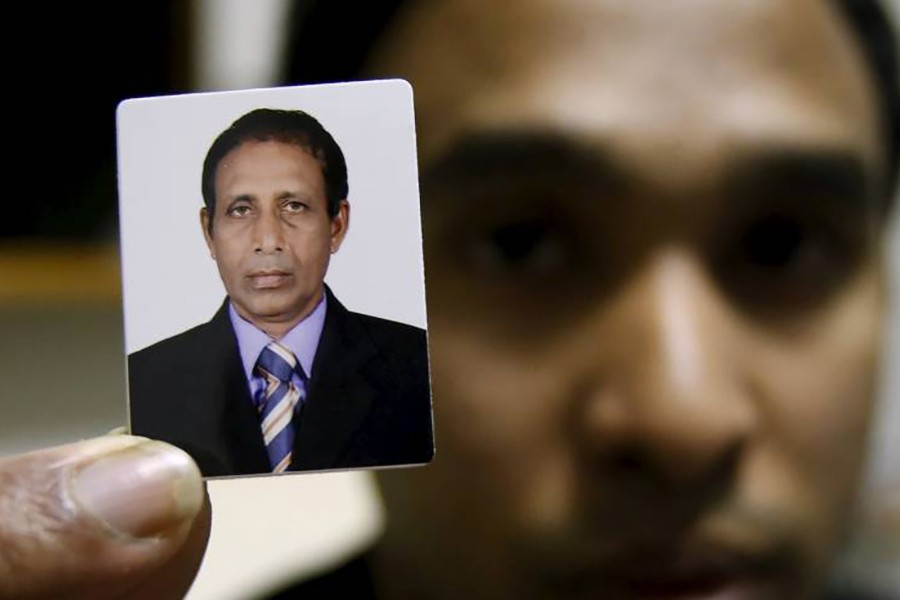Japan needs to improve medical care at immigration detention centres, the head of the country’s recently created Immigration Services Agency said, following widespread criticism of the care available to detainees.
Japan’s detention system for those who have violated immigration law or whose applications for asylum have been rejected has been widely criticized for its medical standards, monitoring of detainees and response to emergencies.
In June, a Nigerian man who had been on a hunger strike died at an immigration centre, becoming the 15th death since 2006.
Speaking at a news conference on Monday the agency’s commissioner, Shoko Sasaki, declined to comment on specific cases but said: “In the area of medical care, we don’t think that care provided is sufficient and there are further improvements to be made.”
Sasaki cited the need to hire more full-time doctors at the centres, a challenge she said was also faced by prisons, the need to improve communication between staff and visiting physicians, and the need to increase the number of hospitals that accept detainees as patients.
Japan’s justice ministry upgraded its immigration bureau to an agency in April, when Japan implemented a new law that is expected to allow 345,000 blue-collar workers to enter Japan over five years in 14 sectors, including construction and nursing care, that face acute labor shortages.
Immigration has long been taboo in a country where many prize ethnic homogeneity but a shrinking, aging population has boosted pressure to open up. Critics of the law, however, worry the system risks exposing workers to exploitation.
Under the new system, one category of “specified skilled workers” can stay up to five years but cannot bring families. A second category would allow workers to bring families and stay longer.
Sasaki said 205 people had been approved to receive the new visas as of the end of August and 684 had interim status while in the process getting approval. She expected the numbers to increase as understanding of the system spreads.


